Pakistan Air Force
Key facts
| Official Name | Pakistan Air Force |
| Local Name | پاک فضائیہ (Pāk Faḍāyiyah) |
| Country | 🇵🇰 Pakistan |
| World rank | #7 |
| Active aircraft | 1396 as of 2025 |
| Aircraft on order | 87 |
| Roundel |
|
Overview
The Pakistan Air Force (PAF) is structured into operational, training, and support branches, with its main role being the aerial defense of the nation and providing support to the army and navy. Its command is centralized from its Islamabad headquarters, which allows for distributed control and decentralized execution of air missions. A key element of its support and modernization infrastructure is the Pakistan Aeronautical Complex (PAC), a military-owned entity responsible for assembling the JF-17 Thunder aircraft and maintaining older French-designed fighters.
Operationally, the PAF has shown growing competence in integrating diverse intelligence sources—such as radar, satellite imagery from China's BeiDou and Gaofen systems, and data from unmanned aerial vehicles and airborne early warning and control (AEW&C) platforms—in real-time. The PAF has a larger AEW&C fleet than its primary regional counterpart, utilizing platforms like the Saab 2000 Erieye, which enhances its airspace surveillance and control capabilities.
The PAF's strategic doctrine is evolving towards a concept of "sixth-generation warfare," which de-emphasizes traditional attrition in favor of non-contact combat, informational dominance, and precision engagement. This doctrine is heavily influenced by the integration of cyber and electronic warfare capabilities to achieve information superiority. Recent engagements, such as the reported "Operation Sindoor," have been highlighted by analysts as having bolstered the PAF's operational credibility, particularly in the domain of electronic warfare and the use of AI-enabled capabilities.
Modernization is heavily reliant on a close partnership with China. This is most evident in the co-production of the JF-17 Thunder, which forms the backbone of the fighter fleet. The force has been structured into a tiered system, with the JF-17 Block 3 serving the lower-to-mid tier and the recently inducted J-10C forming the mid-to-upper tier. Future plans aim to introduce a fifth-generation stealth fighter, likely the Chinese J-35, to constitute the upper tier of its combat fleet. Modernization efforts also include acquiring advanced long-range air-to-air missiles and investing in a domestic aerospace industry through initiatives like the National Aerospace Science and Technology Park.
Origin countries of aircraft
| Country | Active Aircraft | |
|---|---|---|
| 🇸🇪 Sweden | 346 | |
| 🇺🇸 United States | 320 | |
| 🇫🇷 France | 318 | |
| 🇨🇳 China | 292 | |
| 🇵🇰 Pakistan | 186 | |
| 🇨🇳 Ex-USSR | 96 | |
| 🇩🇪 Germany | 42 | |
| 🇮🇹 Italy | 24 | |
| 🇬🇧 United Kingdom | 19 | |
| 🇺🇦 Ukraine | 4 | |
| 🇪🇺 Europe | 1 | |
Evolution of Pakistani Air Force fleet
Aircraft by type in 2025
| Aircraft type | Active | |
|---|---|---|
|
|
562 | |
|
|
380 | |
|
|
362 | |
|
|
57 | |
|
|
35 | |
Full inventory in 2025
Pakistan Air Force
| Aircraft Type | Model | Origin Country | Model Year | Active | 𝚫 YoY | Ordered | ||
|---|---|---|---|---|---|---|---|---|
| JF-17 | 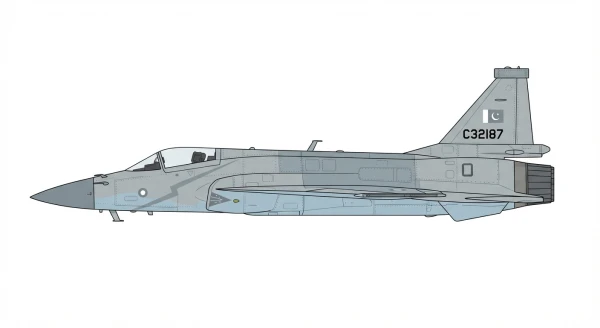 |
🇨🇳 🇵🇰 | 2007 | 123 | +2 |
35 |
||
| Mirage 5EF/F/PA | 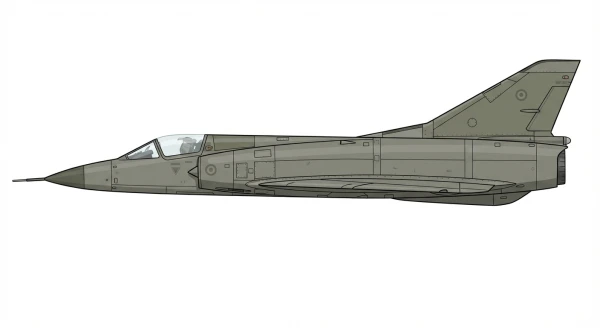 |
🇫🇷 | 1961 | 90 | 0 |
0 |
||
| F-7 | 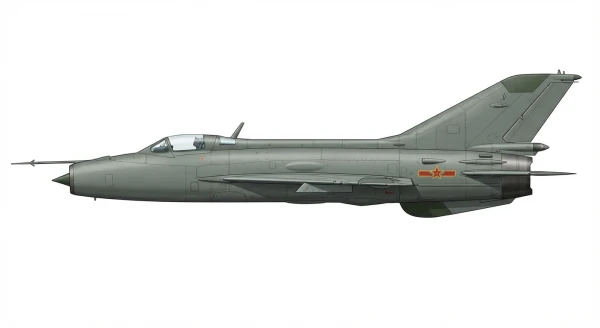 |
🇨🇳 | 1966 | 72 | -63 |
0 |
||
| Mirage IIIEP/OF/RP |  |
🇫🇷 | 1961 | 69 | 0 |
0 |
||
| F-16A/C | 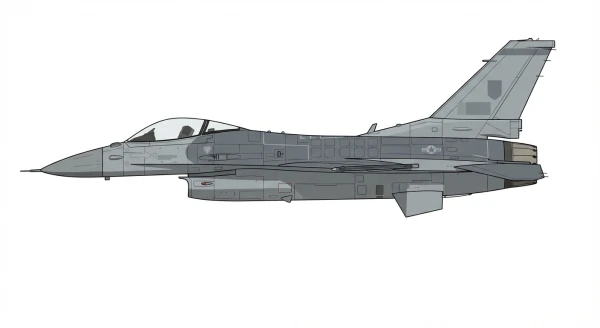 |
🇺🇸 | 1979 | 44 | 0 |
0 |
||
| K-8 |  |
🇨🇳 🇵🇰 | 1994 | 38 | 0 |
0 |
||
| F-16B/D |  |
🇺🇸 | 1979 | 31 | 0 |
0 |
||
| JF-17B |  |
🇨🇳 🇵🇰 | 2007 | 25 | 0 |
0 |
||
| FT-7 | 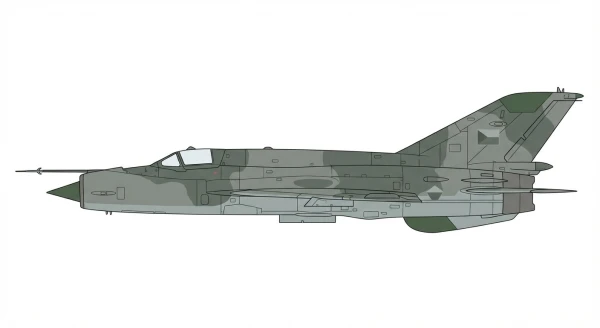 |
🇨🇳 | 1958 | 21 | +16 |
0 |
||
| J-10C | 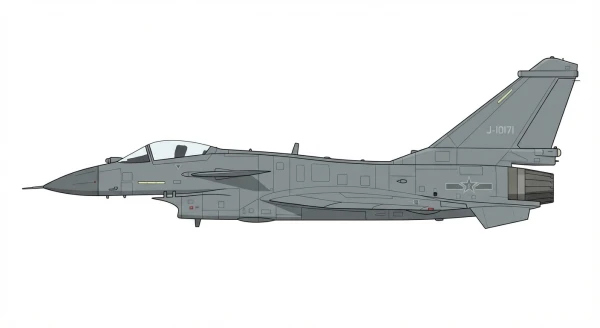 |
🇨🇳 | 2005 | 20 | +2 |
5 |
||
| Mirage IIIBE/D/DP |  |
🇫🇷 | 1961 | 18 | 0 |
0 |
||
| FT-6 | 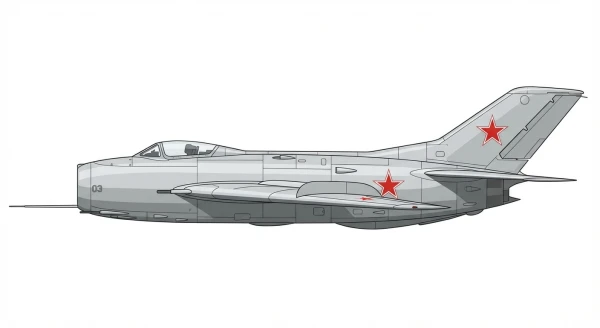 |
🇨🇳 | 1955 | 9 | 0 |
0 |
||
| Mirage 5DPA2 |  |
🇫🇷 | 1961 | 2 | 0 |
0 |
||
| AW139 | 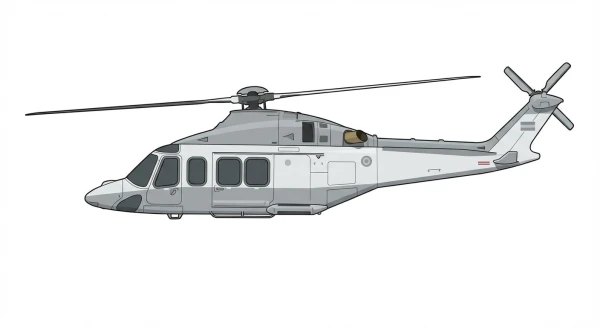 |
🇬🇧 🇮🇹 | 2003 | 12 | 0 |
0 |
||
| SE3160 | 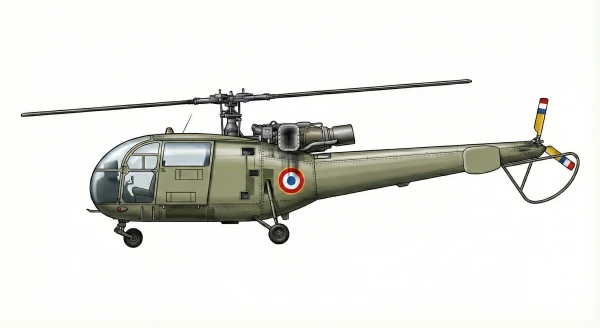 |
🇫🇷 | 1961 | 10 | 0 |
0 |
||
| SA316 |  |
🇫🇷 | 1961 | 8 | 0 |
0 |
||
| Mi-171 | 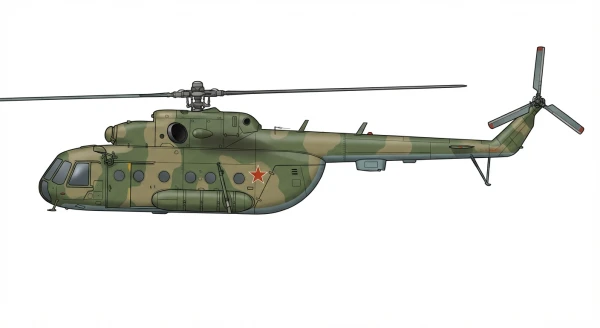 |
🇨🇳 | 1977 | 6 | 0 |
0 |
||
| Bell 205 | 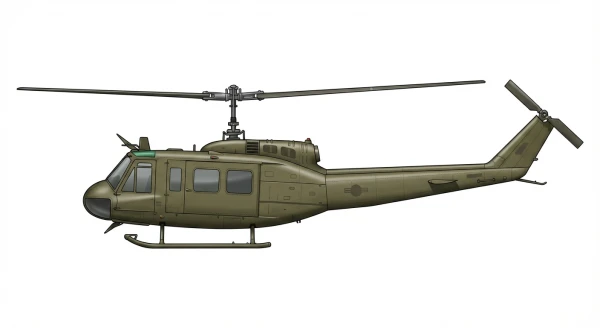 |
🇺🇸 | 1959 | 4 | 0 |
0 |
||
| Bell 412 |  |
🇺🇸 | 1959 | 1 | 0 |
0 |
||
| SA330 | 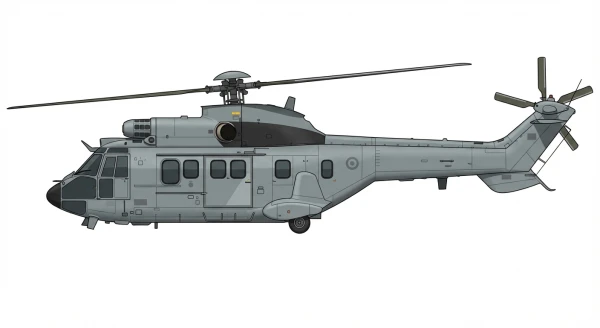 |
🇩🇪 🇫🇷 | 1978 | 1 | 0 |
0 |
||
| C-130B/E/H/L-100 | 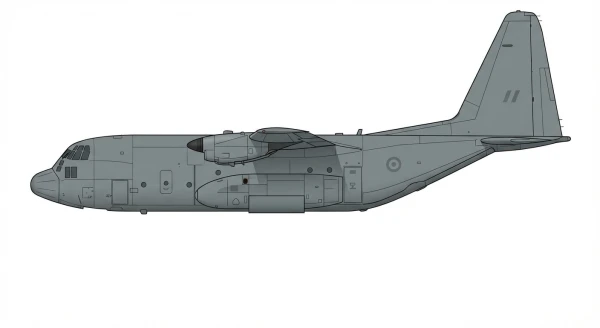 |
🇺🇸 | 1956 | 20 | +1 |
0 |
||
| Y-8 | 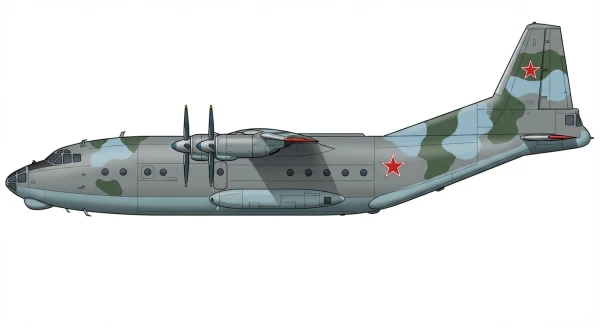 |
🇺🇦 | 1959 | 4 | 0 |
0 |
||
| Falcon 20 | 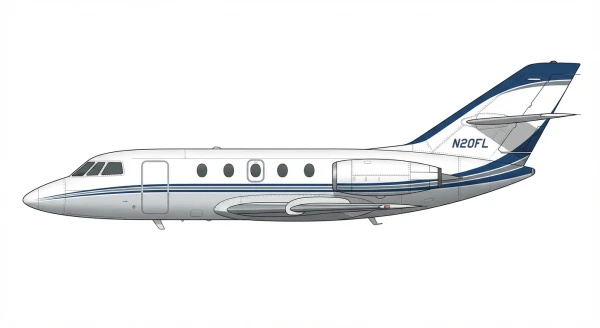 |
🇫🇷 | 1965 | 2 | 0 |
0 |
||
| Y-12 | 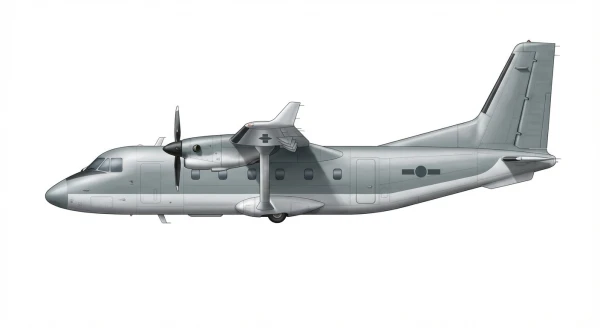 |
🇨🇳 | 1985 | 2 | 0 |
0 |
||
| A319 | 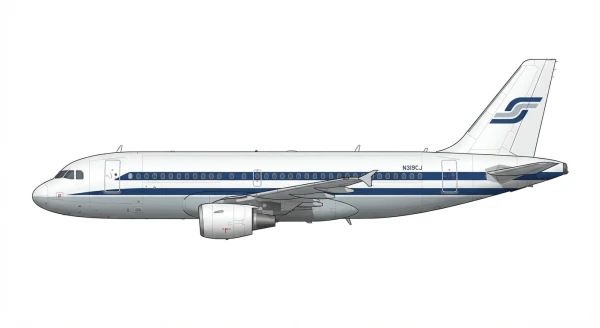 |
🇪🇺 | 1995 | 1 | 0 |
0 |
||
| MFI-395 | 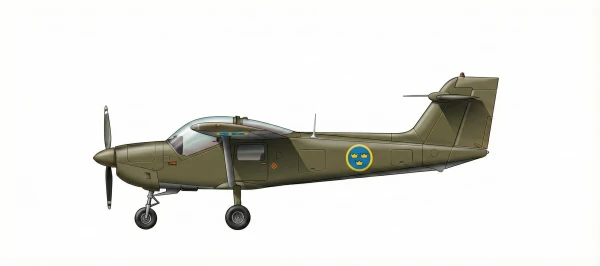 |
🇸🇪 | 1972 | 119 | 0 |
0 |
||
| T-37 | 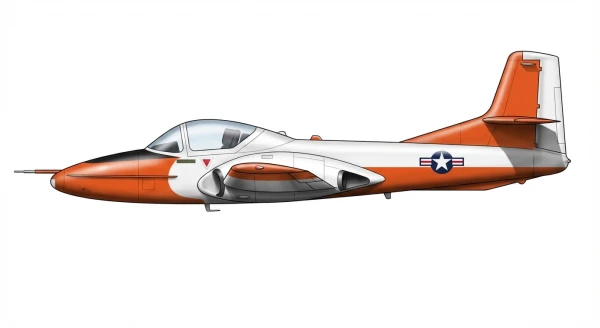 |
🇺🇸 | 1957 | 28 | 0 |
0 |
||
| Saab 2000 | 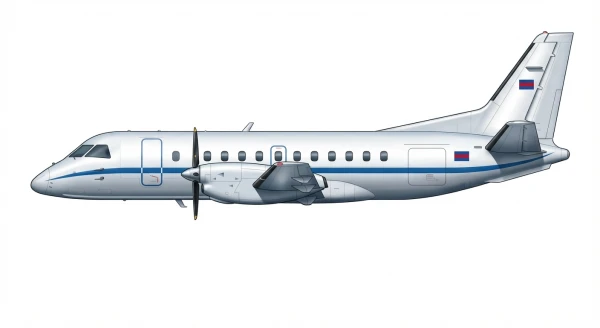 |
🇸🇪 | 1997 | 13 | +1 |
0 |
||
| Il-78 | 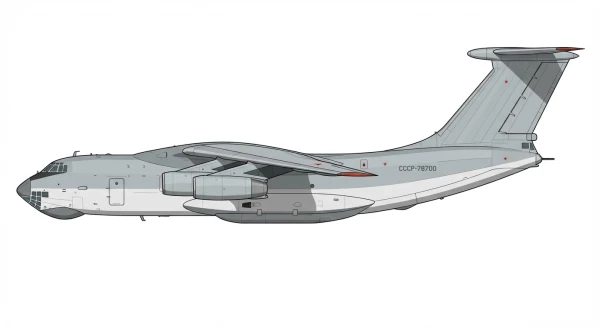 |
🇨🇳 | 1984 | 4 | 0 |
0 |
||
| King Air 350 | 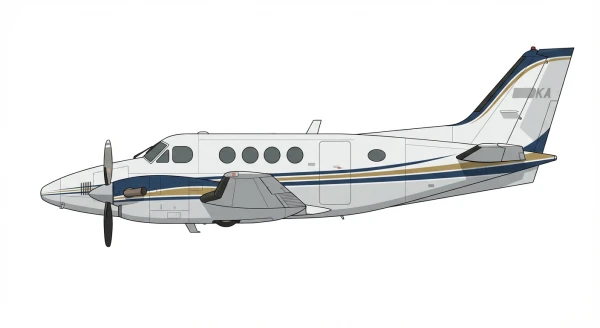 |
🇺🇸 | 1964 | 2 | 0 |
0 |
Pakistan Army
| Aircraft Type | Model | Origin Country | Model Year | Active | 𝚫 YoY | Ordered | ||
|---|---|---|---|---|---|---|---|---|
| AH-1F | 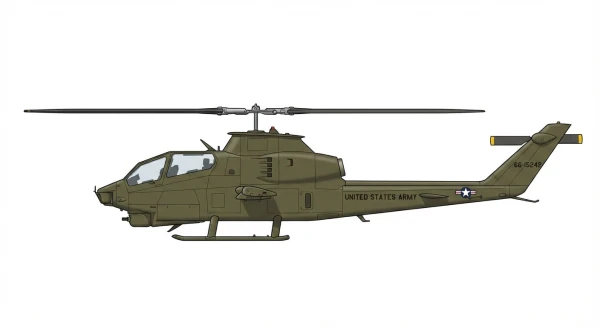 |
🇺🇸 | 1967 | 50 | 0 |
0 |
||
| Mi-8/17/171 | 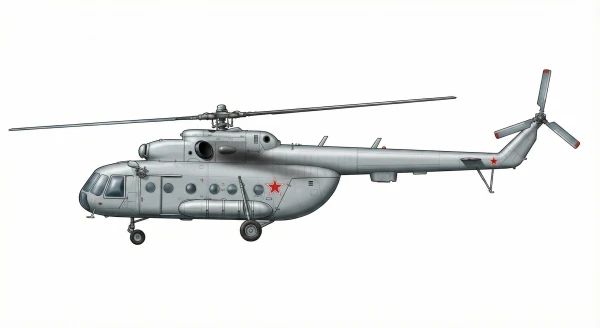 |
🇨🇳 | 1967 | 50 | +2 |
0 |
||
| SA330 |  |
🇩🇪 🇫🇷 | 1978 | 41 | -1 |
0 |
||
| H125M/AS550 | 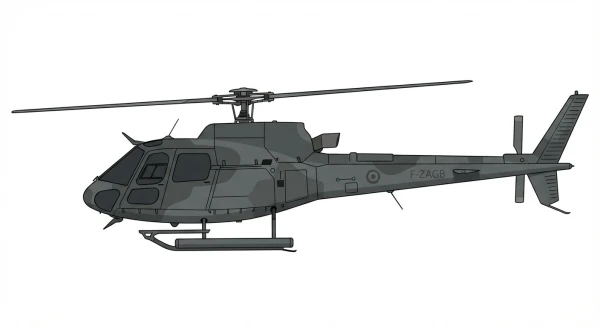 |
🇫🇷 | 1990 | 35 | 0 |
0 |
||
| Bell 412 |  |
🇺🇸 | 1959 | 33 | +1 |
0 |
||
| Bell 206 | 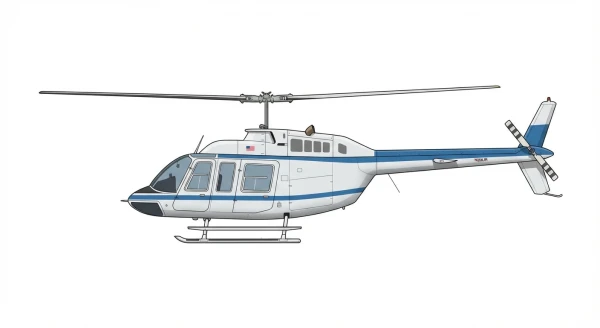 |
🇺🇸 | 1967 | 18 | 0 |
0 |
||
| SA315 | 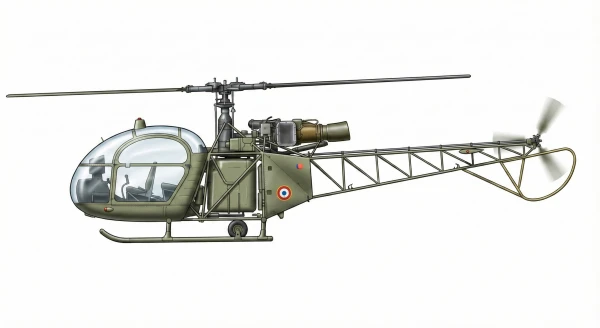 |
🇫🇷 | 1957 | 17 | 0 |
0 |
||
| Hughes 269 | 🇺🇸 | 1961 | 15 | 0 |
0 |
|||
| SA316 |  |
🇫🇷 | 1961 | 13 | 0 |
0 |
||
| AW139 |  |
🇬🇧 🇮🇹 | 2003 | 7 | 0 |
0 |
||
| Mi-35 | 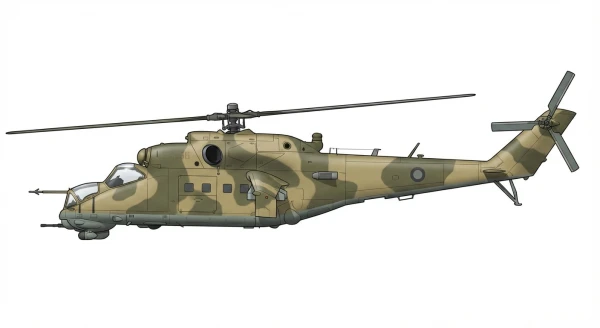 |
🇨🇳 | 1972 | 4 | 0 |
0 |
||
| Z-10 | 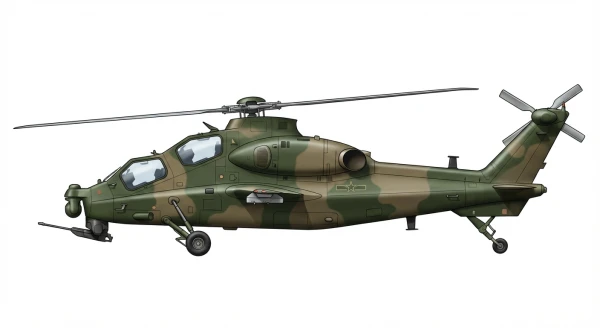 |
🇨🇳 | 2012 | 3 | 0 |
17 |
||
| UH-1H |  |
🇺🇸 | 1959 | 1 | 0 |
0 |
||
| T129 | 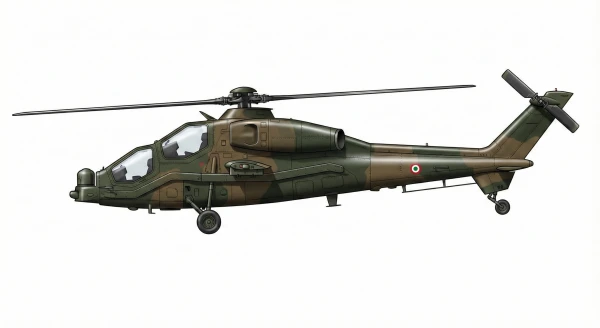 |
🇮🇹 | 1990 | 0 | 0 |
30 |
||
| Cessna 208 | 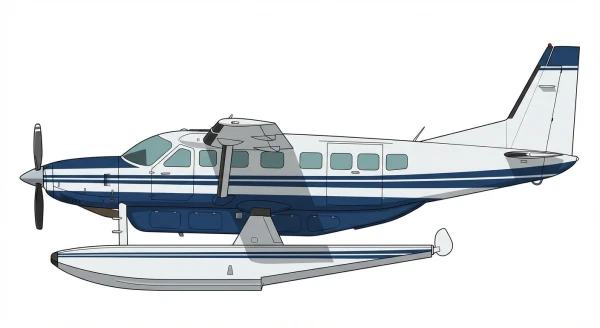 |
🇺🇸 | 1984 | 16 | +3 |
0 |
||
| Y-12 |  |
🇨🇳 | 1985 | 4 | 0 |
0 |
||
| Turbo Commander | 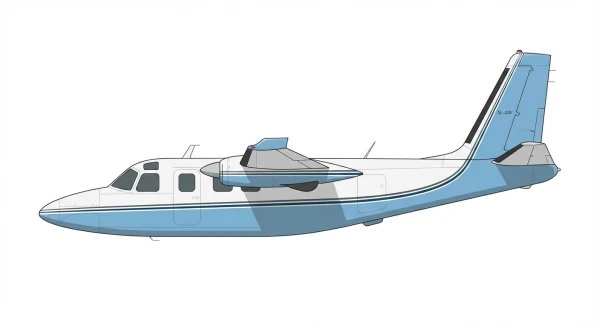 |
🇺🇸 | 1952 | 2 | 0 |
0 |
||
| Citation Bravo | 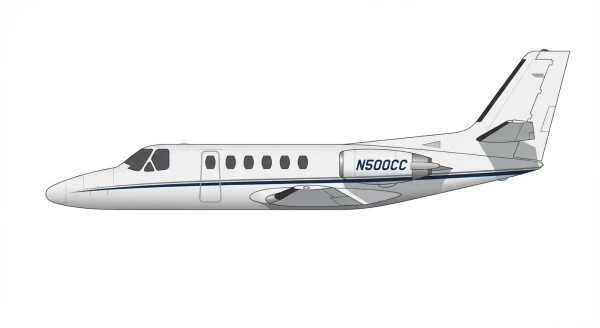 |
🇺🇸 | 1971 | 1 | 0 |
0 |
||
| MFI-17 |  |
🇸🇪 | 1972 | 214 | 0 |
0 |
||
| Enstrom 280 | 🇺🇸 | 1965 | 19 | 0 |
0 |
|||
| King Air 350 |  |
🇺🇸 | 1964 | 9 | 0 |
0 |
Pakistan Navy
| Aircraft Type | Model | Origin Country | Model Year | Active | 𝚫 YoY | Ordered | ||
|---|---|---|---|---|---|---|---|---|
| Sea King 45/HAR3/HC4 | 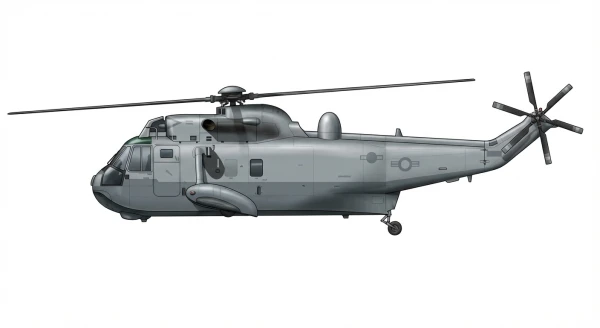 |
🇺🇸 | 1961 | 19 | 0 |
0 |
||
| SA316/319 |  |
🇫🇷 | 1961 | 7 | 0 |
0 |
||
| Z-9 | 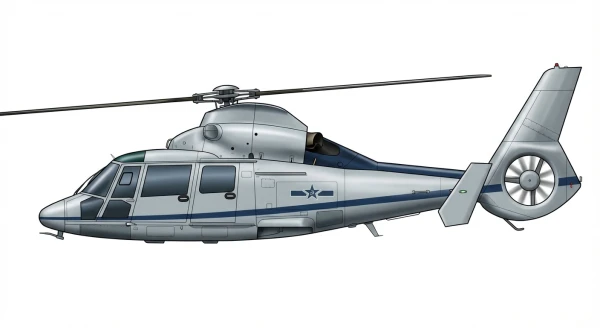 |
🇨🇳 | 1994 | 5 | 0 |
0 |
||
| Mi-14 | 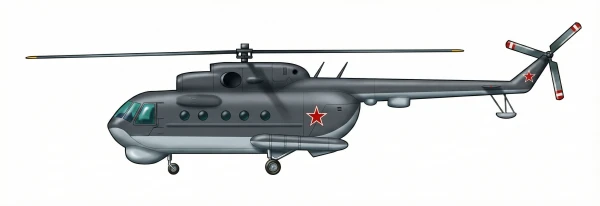 |
🇨🇳 | 1975 | 2 | 0 |
0 |
||
| ATR 72 | 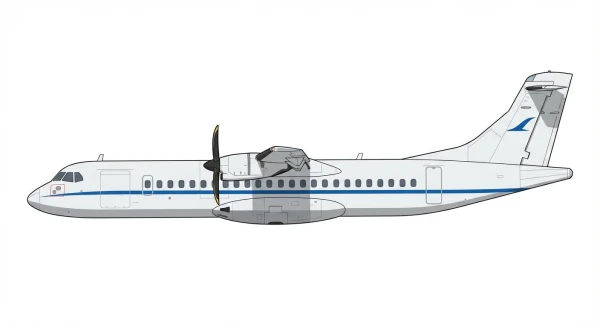 |
🇫🇷 🇮🇹 | 1989 | 5 | +1 |
0 |
||
| P-3C | 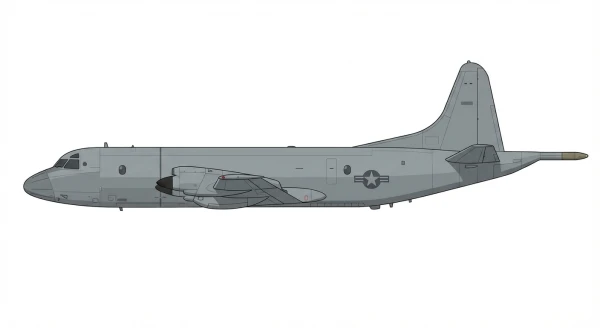 |
🇺🇸 | 1962 | 6 | 0 |
0 |
||
| Hawker 850 | 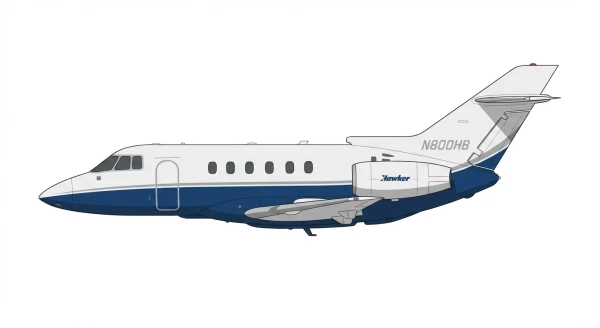 |
🇺🇸 | 1983 | 1 | 0 |
0 |
